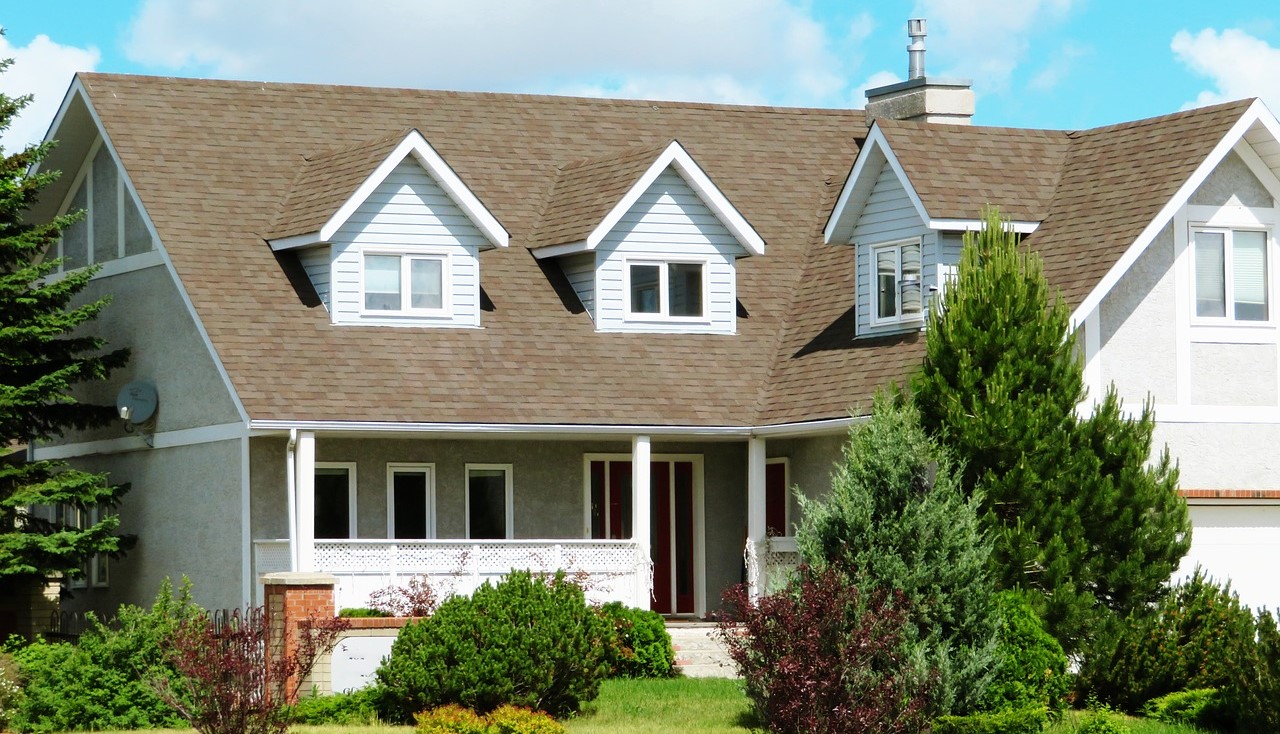Thank you for reading this post, don't forget to subscribe!
Owning a short term rental property is an excellent way to secure a second income and benefits from long-term appreciation. If you're in the market for a short term rental property, you will want to consider short term rental insurance.
In fact, you must get your property covered, so that your excellent investment stays profitable, and that you are fully protected, should any accidents occur. You may already have homeowners insurance, but landlord’s insurance is slightly different and tailored to different needs.
In this article, we discuss rental property insurance, why you should have it, where to get it, and how much it costs.
What is short term rental property insurance?
Rental property insurance can also go by the name of "landlord's policy" or "landlord's insurance." It is specially designed for those who own a rental property and the unique risks associated with having tenants live in your property.
Basic rental property insurance will cover you, the landlord, and protect you by insuring the short term rental property for liability and losses. The type of rental property insurance you buy will depend on the kind of vacation rental property you own.
Whatever type of rental property you own, having insurance is crucial to protect you against the financial risk and uncertainty associated with tenants living on your property.
Why do landlords need rental property insurance?
Being a landlord is great, but it also comes with a lot of responsibility. Accidents happen, natural disasters occur, theft is real, bad tenants come and go, and random injuries happen within households.
As a landlord and the owner of your short term rental property, you want to make sure you get as many of these possible scenarios under control as possible. Paying to fix things, getting sued, or dealing with random acts of theft is not fun. Therefore, having an excellent rental property insurance policy can give you some peace of mind.
The more you cover, the more you protect your income and the value of your rental property. You can't put a price on going to sleep at night and knowing your property is safeguarded from external threats.
Failure to get a good protection policy can result in vast sums of your money being paid out to fix issues, leaving you financially vulnerable. As opposed to the fixed rate of insurance, paying out of pocket could be detrimental to your finances. In general, it's not wise to own a short term rental property without some type of landlord's insurance.
Insurance keeps your property investment safe and prosperous. Owning a rental property or portfolio of rental properties should be fun and rewarding, not stressful, and costly.
What does short term rental property insurance cover?
The coverage you get will depend on your property type, the provider, and other factors. However, you can expect the following basics to be covered:
- The property and any additional buildings on the property
- Contents of the property (Not all, check the T&Cs)
- Liability coverage
- Loss of rental income
Much like your traditional homeowner's insurance, you will be covered for fires, lightning damage, and other weather inflicted issues. However, this protection may not include damage from natural disasters like hurricanes, so be advised to check the fine print.
It's worth noting that while some contents may be covered by your policy, not all contents that are unique to your property may be covered. Therefore, most landlords insist that their tenants buy their own contents insurance, which will safeguard them from theft or damage.
The main difference between rental property insurance and homeowner insurance is liability insurance and loss of rental income cover.
Liability Insurance
Liability insurance will protect you, if someone is injured on your property, such as a tenant or a guest. For example, if you're held responsible for the injury due to poor property maintenance or poor fixtures, liability insurance will cover some or all of the legal and medical costs.
Rental Income Coverage
Sometimes, a natural event will damage property and deem it uninhabitable. This scenario can include a tree falling through the roof due to a heavy storm. The rental income cover will help pay lost rent up to a certain time period while you get things fixed.
Are there any additional coverage options?
Yes. Depending on which provider you choose for your landlord's insurance, you will get different additional coverage options such as:
- Guaranteed Income Insurance - covers you for lost income if you have to shut down your short term rental temporarily.
- Flood Insurance - flood coverage is rarely ever included in rental property insurance and is almost always offered as an additional plan. Flood damage can come from a natural sister or lousy plumbing. Either way, it's worth investing in, if your property is in a flood zone, but premiums can be very high.
- Emergency Coverage - emergencies happen from time to time, so it's best to get covered for them if you pay the premium. This unique cover will pay out for anything from a broken boiler to a lost key. It can even cover your travel expenses, if you have to visit the property yourself.
- Additional Construction Expenses - if your property gets damaged, this will cover any expenses incurred, bringing it back up to code.
- Vandalism Coverage - covers you if your tenants or general public vandalize your property.
How much does rental property insurance cost?
Unfortunately, rental property insurance costs as much as 15-25% more than homeowners' insurance. This is simply because having tenants in your home is seen as riskier than the homeowner living in his or her own home.
A rental property insurance policy also covers more than traditional homeowners' insurance.
Tenants can be unpredictable. Some are amazing, but others can be a nightmare. Premiums are also affected by the property's location, age of the property, and the condition of the property upon buying the policy.
You can speak with your property manager or local insurance agent for more advice on the best providers in your area, so that you get the best deal and coverage possible.
The national average cost for rental property insurance is around $1,350. Make sure you always compare policies and get at least three different quotes before committing to any one on a whim.
Here is the list of the best property insurance policies in 2020, as provided by thebalance.com:
- Liberty Mutual: Best for Inflation Protection
- Allstate: Best for Policy Bundling
- State Farm: Best for Additional Structures Coverage
- Foremost: Best for the Multiple States
- American Modern: Best for 10 or More Units
- MetLife: Best for Condo Owners
- USAA: Best for Military Members
- American Family: Best Landlord Insurance for Optional Medical Expenses
3 top tips for buying rental property insurance
To make the best insurance purchase possible, use these simple tips as guidance:
Do your due diligence
Don't get lazy about the details when it comes to buying insurance. Reading the T&Cs thoroughly can save you thousands of dollars in the long-run.
Make sure you read every part of the policy to ensure you understand what you're covered for and what is not covered. If you need help, ask your property manager to assist you with the process and don’t forget to ask him or her a lot of questions!
Go with a reputable provider
It can be tempting to snap up what looks like a great deal with a lesser-known provider. But be warned, getting the best policy is just one piece of the puzzle. You want to make sure that your provider is financially sound, organized, rated well by existing customers, and has quality customer service.
Remember, when things go wrong, you will be turning to your provider for help. If they provide terrible customer service or sneak in some minor detail that you weren't aware of, this omission of due diligence will be making your life ten times more difficult.
You don't want to report a fire at your property, only to find out you're not covered because of some small detail in the fine print of your contract.
Therefore, do your research and make sure your chosen provider can meet your needs!
Get extra coverage if you can afford it
If you have the spare cash, get the additional coverage options. Essentially, it's better to be over-covered than under-covered. Premiums for additional coverage can be expensive, but they may save you a small fortune if something does go wrong.



